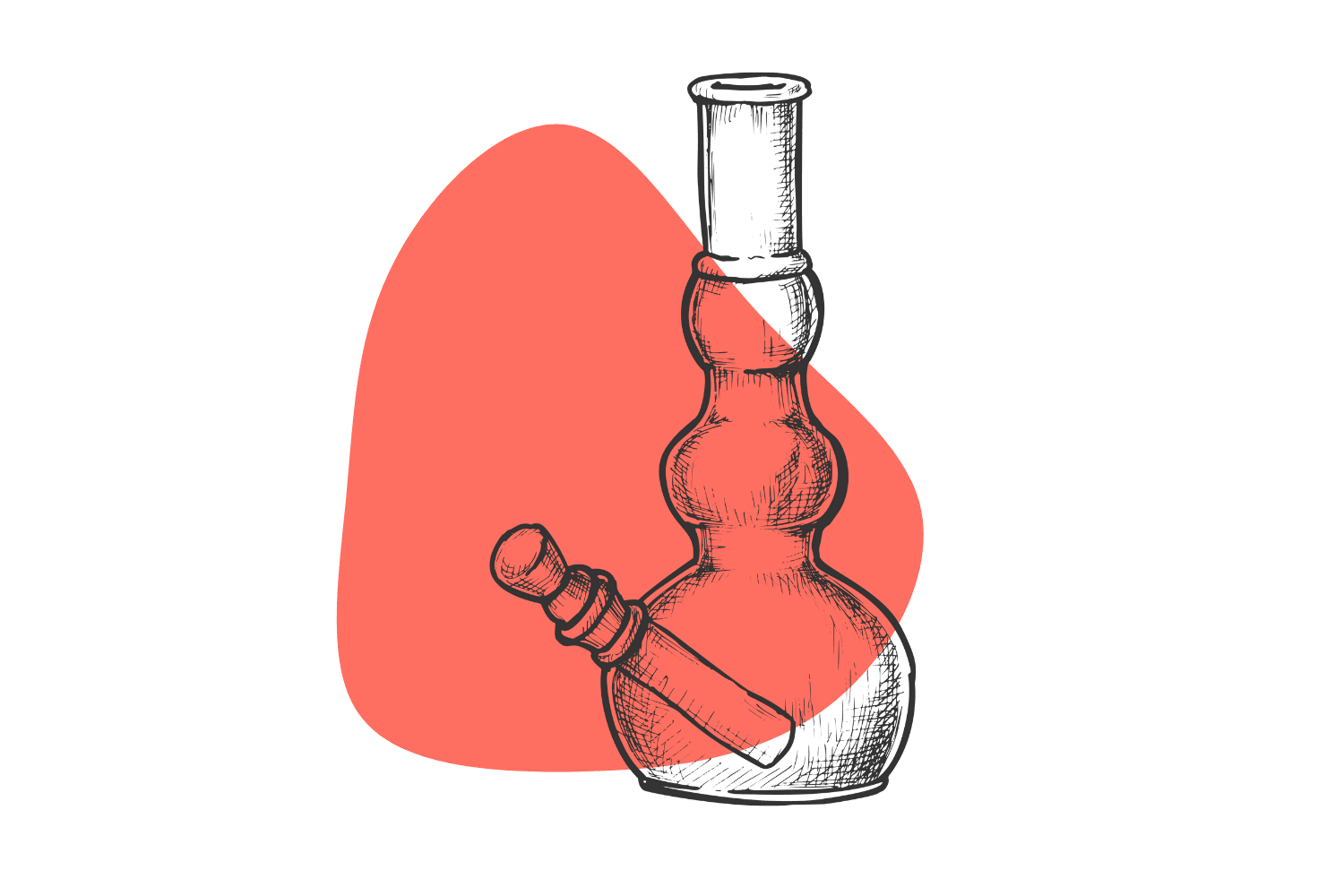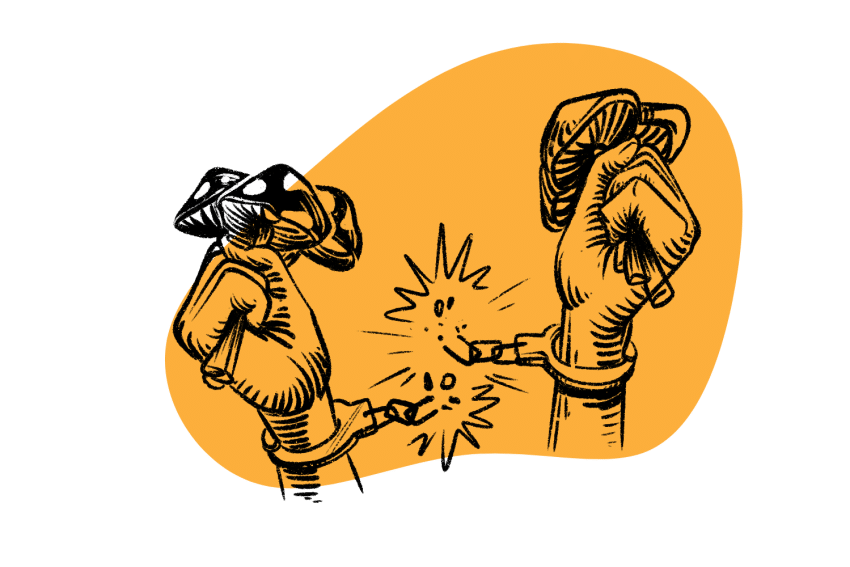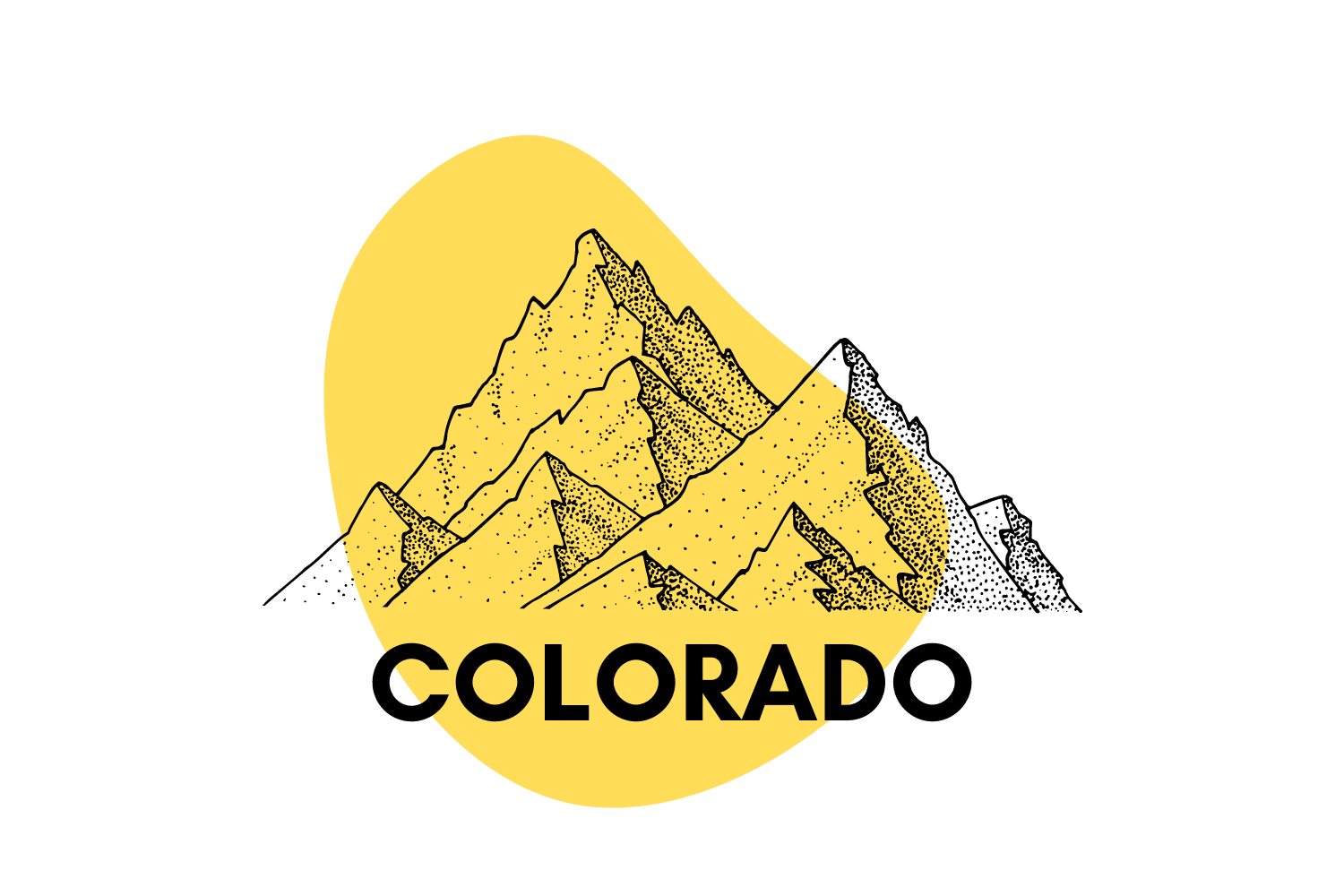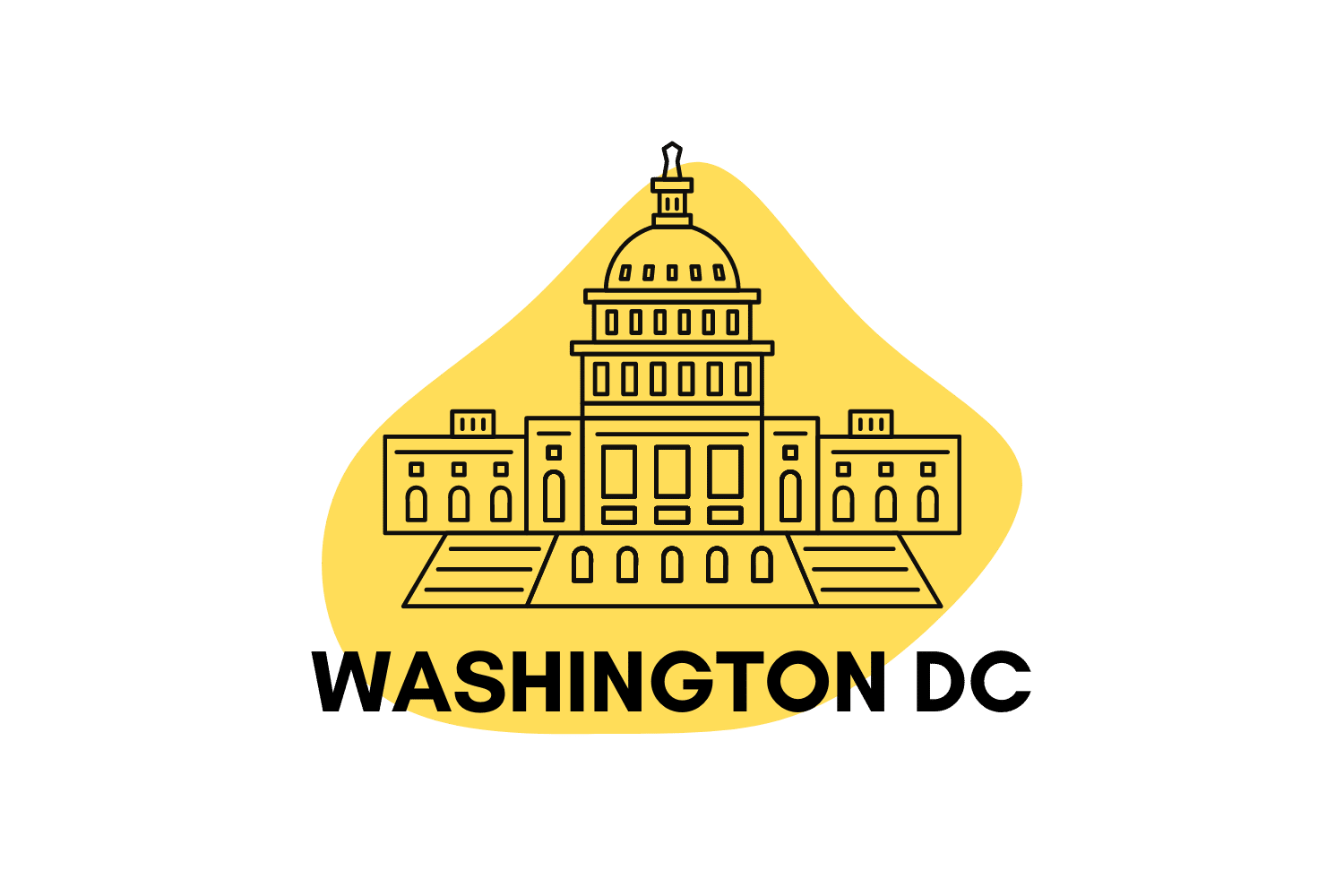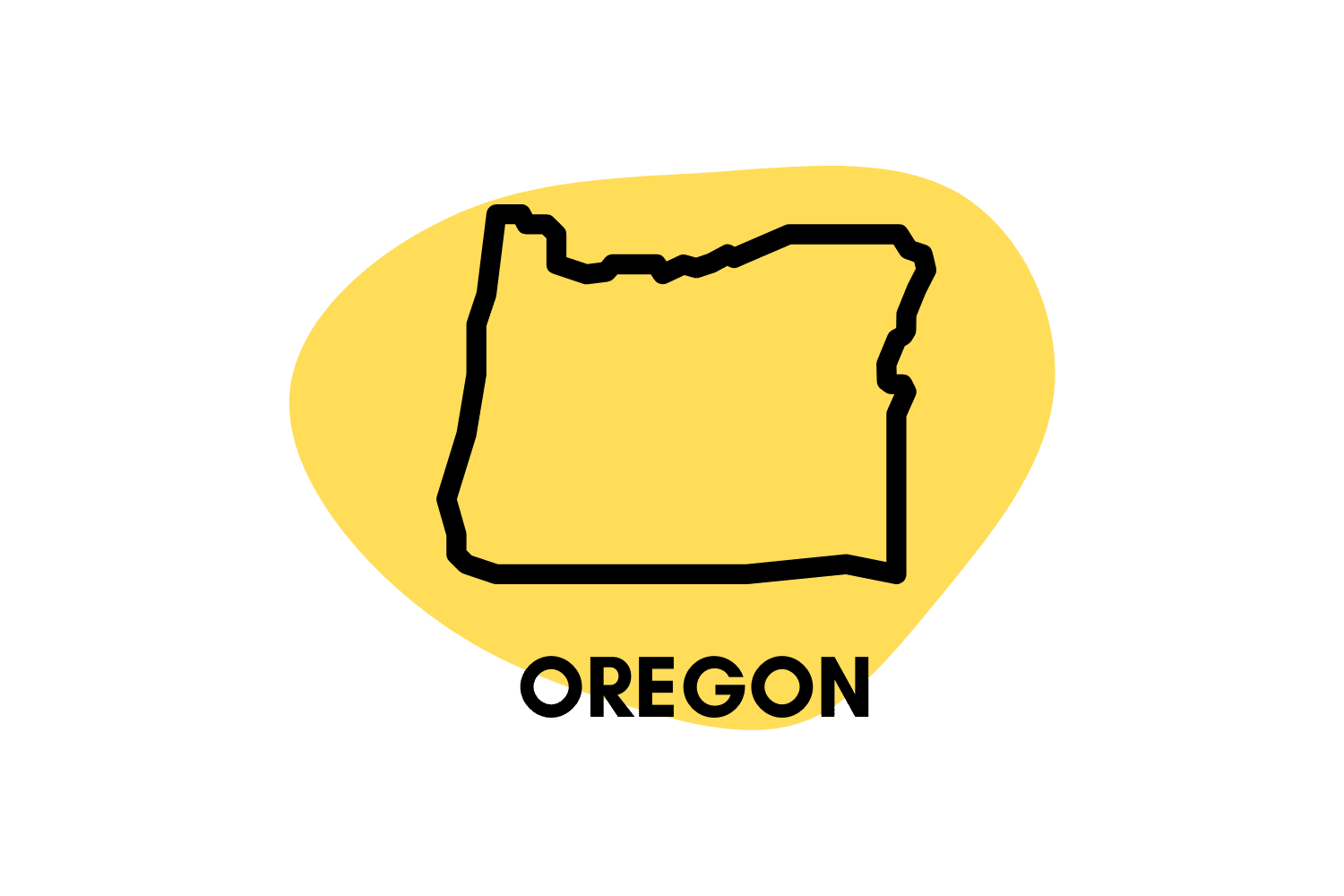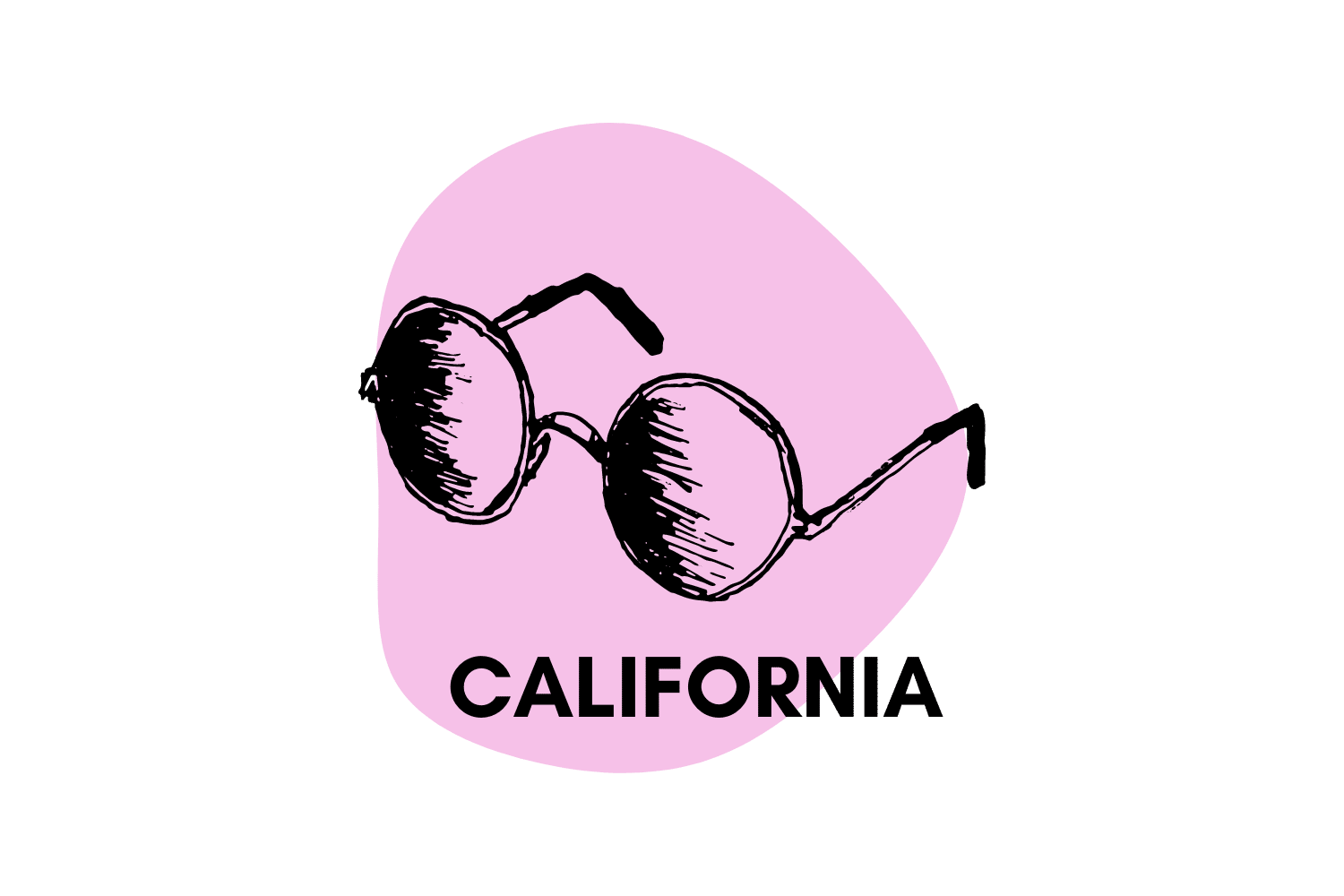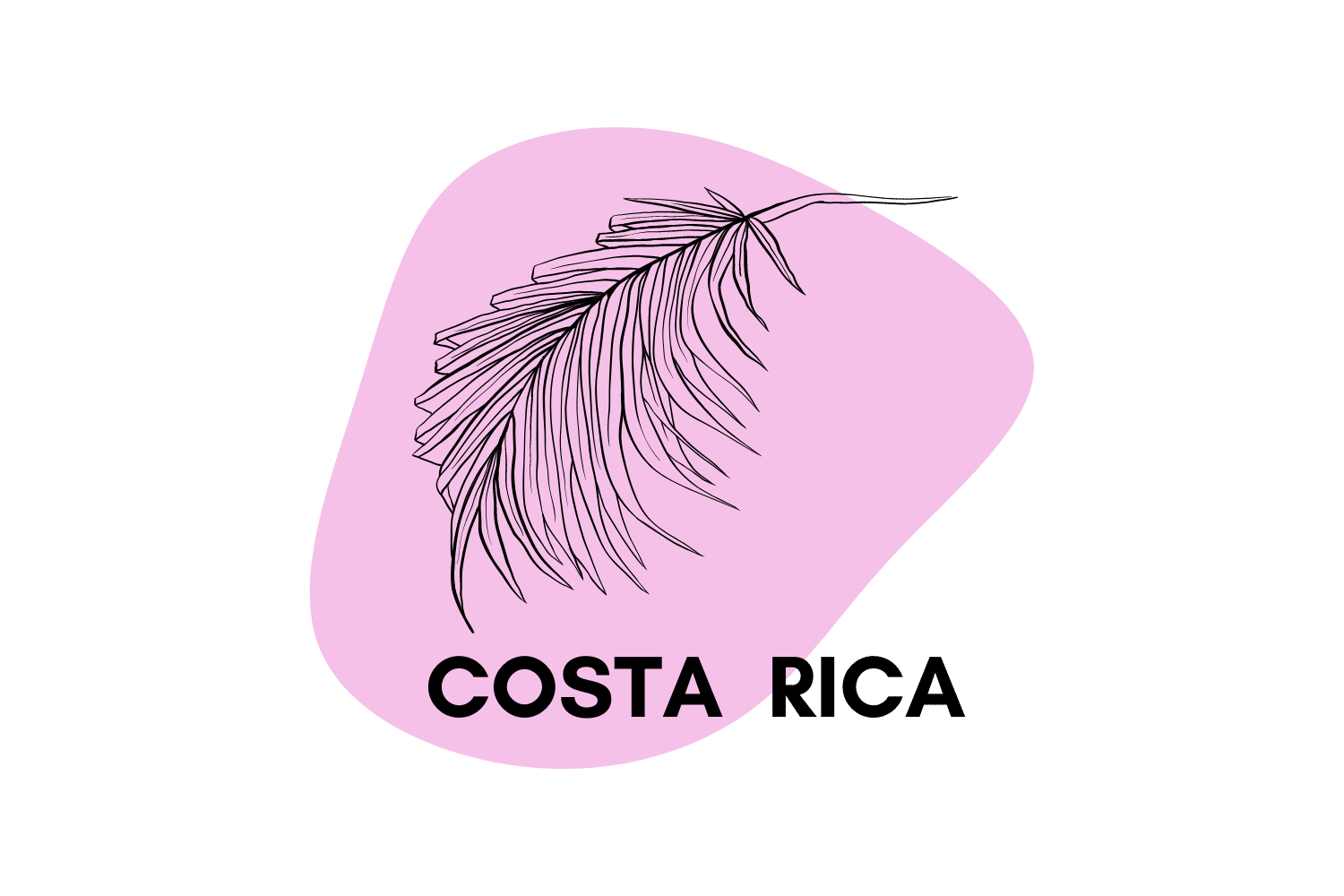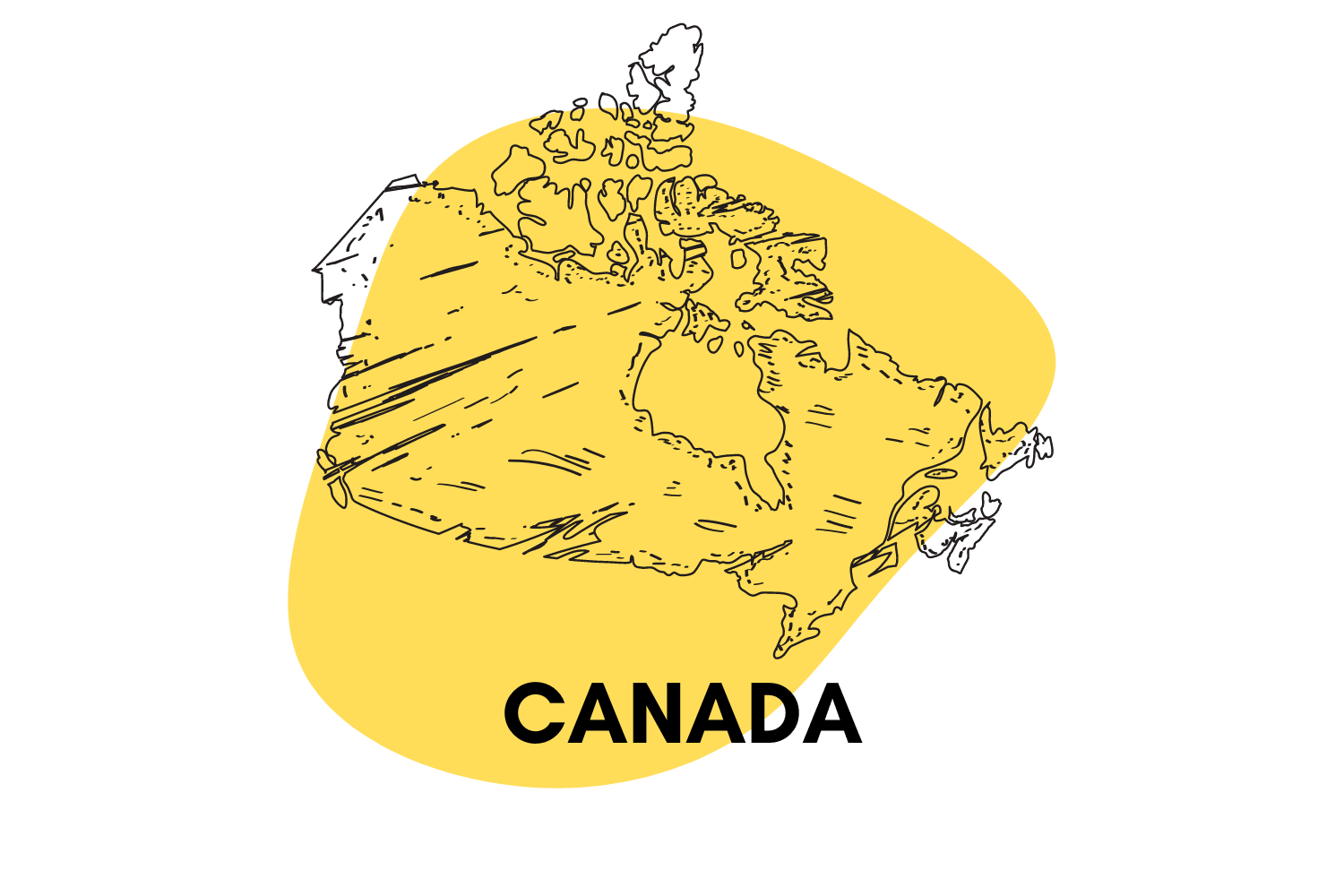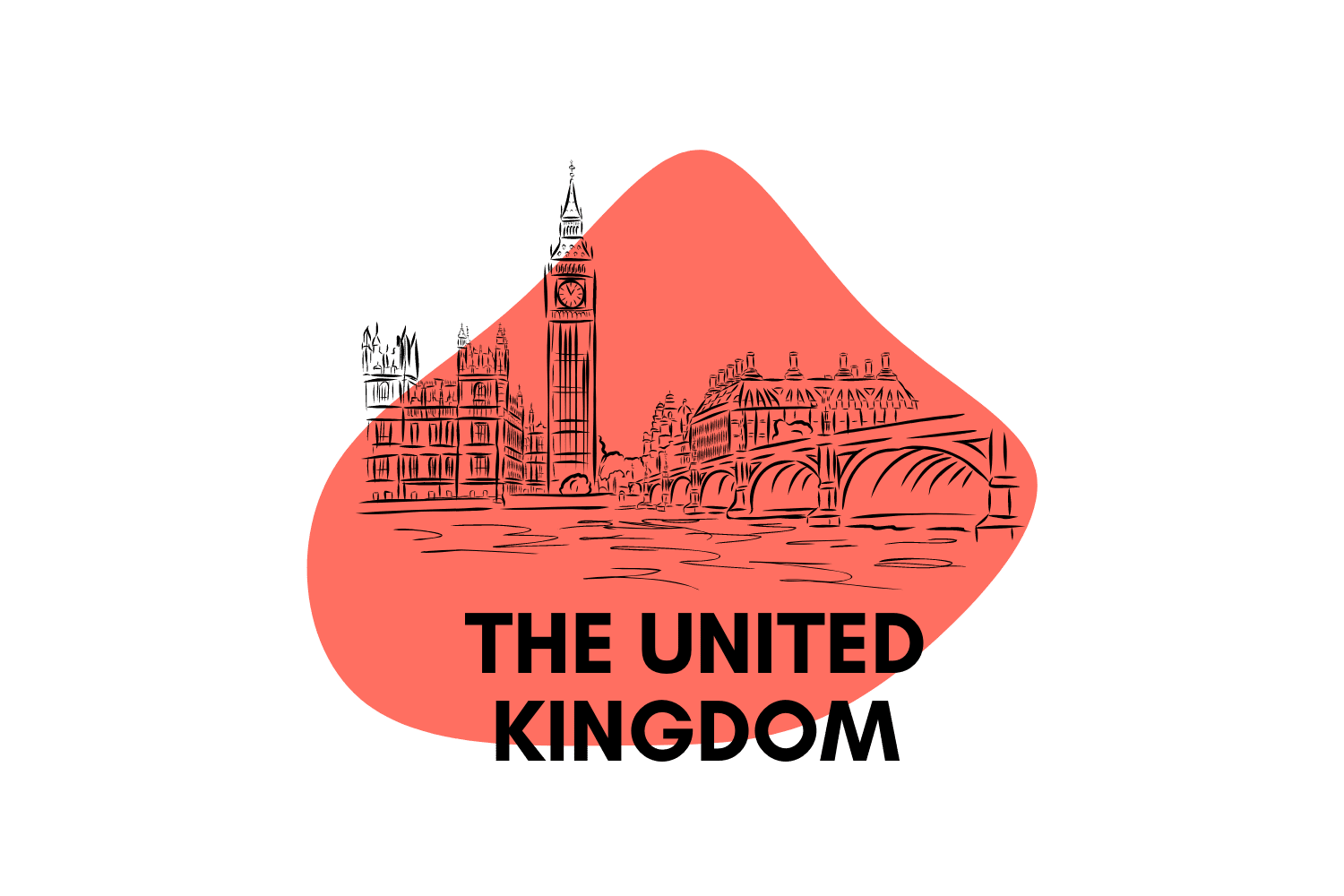Psychedelic Drug Laws in Latvia
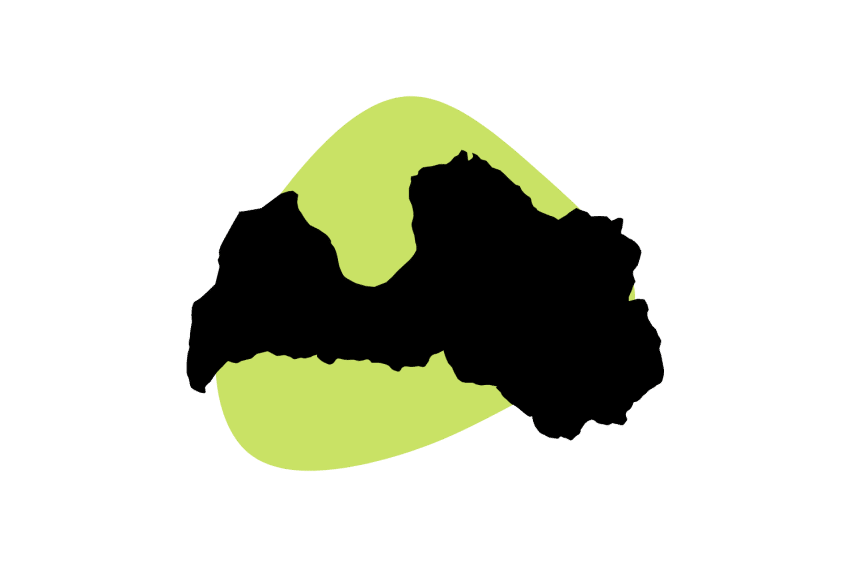
Many people believe psychedelics are drugs only meant for recreational use. However, several therapeutic benefits related to them have been discovered recently. Still, they are illegal in most European countries.
This article will cover the legal status of some of the most popular psychedelics in Latvia. In addition, we’ll delve into the medicinal uses magic mushrooms have and where to find them in the wild in this country.
Summary of Psychedelic Drug Laws in Latvia
- Almost all psychedelics are illegal in Latvia
- You can be imprisoned for up to three years for possessing small amounts
- Cannabis is illegal both for medicinal and recreational use
- Magic mushrooms grow wild throughout the country
Latvia Drug Penalty Chart
| Class | Substances | Psychedelics | Penalties |
| I | Amphetamines, 2-CB, heroin, cannabis, Mitragyna speciosa (kratom), raw opium, morphine, cathine, Leonotis leonurus (Lion’s ear), Catha edulis (khat), Nymphaea caerulea (Egyptian lotus), ephedra plant | MDMA, LSD, DOB, shrooms, mescaline, psilocybin, psilocin, salvinorin A, | Small amounts: administrative offense, fines up to EUR 280 Larger amounts for personal use: Up to 3 years in prison Trafficking: 2-8 years in prison; selling small amounts is up to 3 years |
| II | Cocaine, methadone, morphine, opium, fentanyl, Dronabinol, GHB, methylmorphenate | PCP | See above |
| III | Many benzos, deschloroetizolam, ephedrine, pseudoephedrine | See above |
Sources:
- Law on the Legal Trade of Narcotic and Psychotropic Substances and Medicinal Products, and also Precursors
- Regulations Regarding Narcotic Substances, Psychotropic Substances, and Precursors to be Controlled in Latvia
- Latvia Drug Report 2019
Are Magic Mushrooms Legal in Latvia?
No, magic mushrooms are not legal in Latvia.
Latvian law prohibits any substance listed in the 1961 Single Convention on Narcotic Drugs. In this convention, almost all psychedelics, including psilocybin, are listed.
Moreover, according to article 253 of the Latvian Penal Law, possessing any of these substances in small quantities is punishable with a term of imprisonment of up to 3 years. Penalties increase considerably — up to 8 years — for trafficking.
Interestingly, recent studies show that psychedelics can be beneficial in therapy. Experts at Johns Hopkins Medicine even advocate for psilocybin’s reclassification due to its low potential for abuse and tremendous medicinal value.
Related: Where Are Magic Mushrooms Legal?
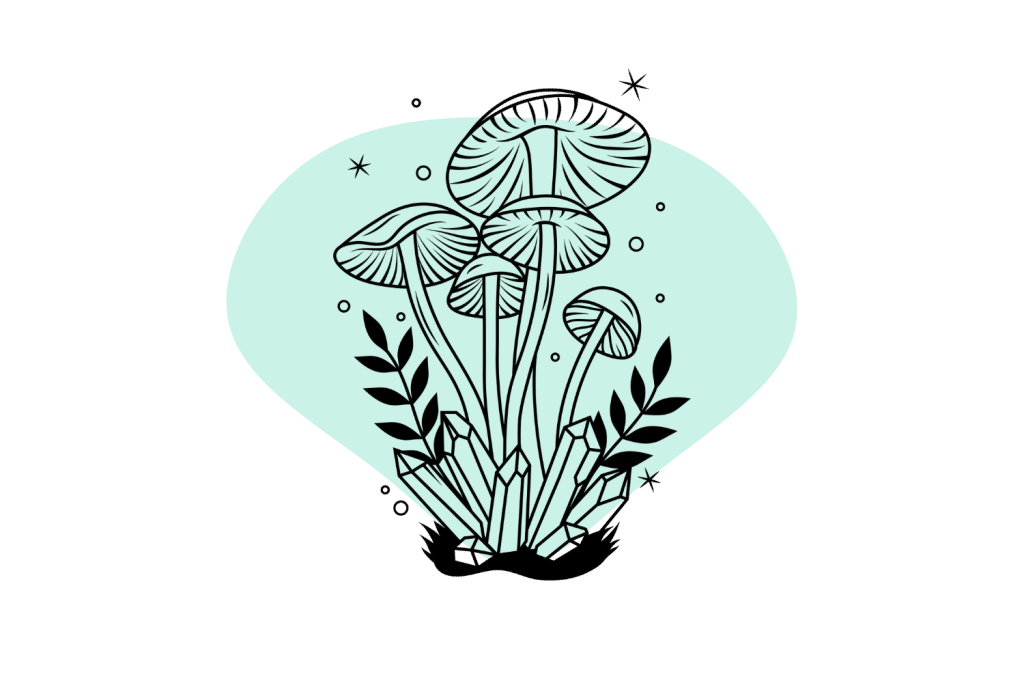
Where to Buy Magic Mushroom Spores in Latvia
Latvian law omits magic mushroom spores, so we can assume that you won’t get into serious trouble for possessing them. Therefore, you will probably find some people selling them online.
However, keep in mind that article 5 of the law on narcotics prohibits the cultivation of any controlled substance, including magic mushrooms.
Do Magic Mushrooms Grow Wild in Latvia?
Yes, magic mushroom species grow wild in Latvia.
Three species of magic mushrooms grow naturally in Latvia. Next, we will tell you where exactly you can find each one.
However, we suggest you avoid actively looking for them in the wild, as they can be easily confused with other poisonous species.
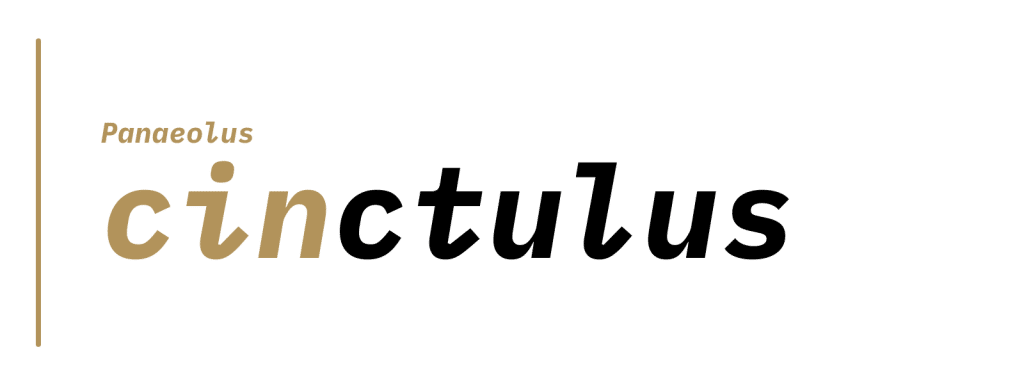
Panaeolus cinctulus
This cosmopolitan species grows in groups or solitarily. You can find it after long rains on compost heaps, lawns, well-fertilized gardens, or over horse manure.
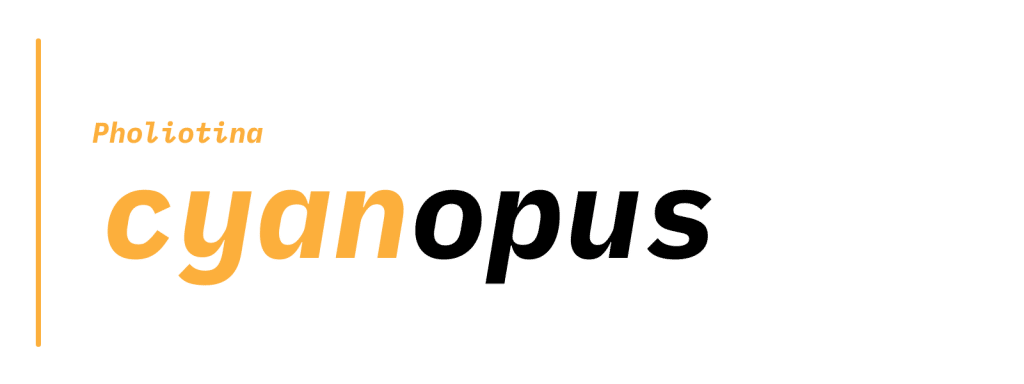
Pholiotina cyanopus
This species is one of the most common in the northern hemisphere and grows mainly in lawns, fields, and green areas.
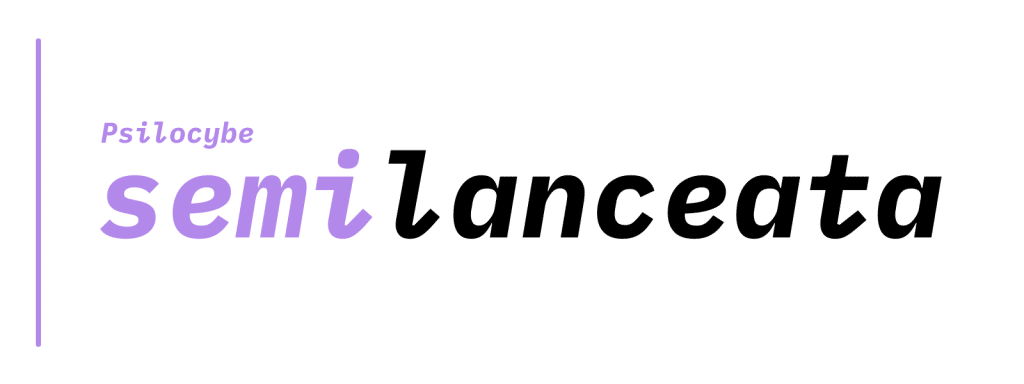
Psilocybe semilanceata
This species is the most common of the psilocybin mushrooms, as it grows naturally on almost every continent. It grows mainly between autumn and spring on grassy soils.
What Are the Medicinal Uses of Shrooms?
Recent studies show that psilocybin can help treat numerous disorders. Some European and North American countries are even trending towards its legalization for medical use.
For example, Canada has obtained excellent results by legalizing MDMA and psilocybin-assisted therapy.
Psilocybin can help people deal with:
Depression
Depression is difficult to treat and can cause feelings of hopelessness and sadness.
Psilocybin helps depressed people by creating new thought patterns and facilitating epiphanic episodes. Moreover, once they create those patterns, they stay there, so it is unnecessary to keep taking the substance long-term to feel better.
However, it is worth clarifying that you must accompany psilocybin with adequate therapy for it to work.
Post-Traumatic Stress Disorder (PTSD)
PTSD creates a constant feeling of stress that can last a lifetime. Although there is no evidence yet on how exactly they help against this condition, psilocybin and other psychedelics can reduce complex trauma symptoms [1].
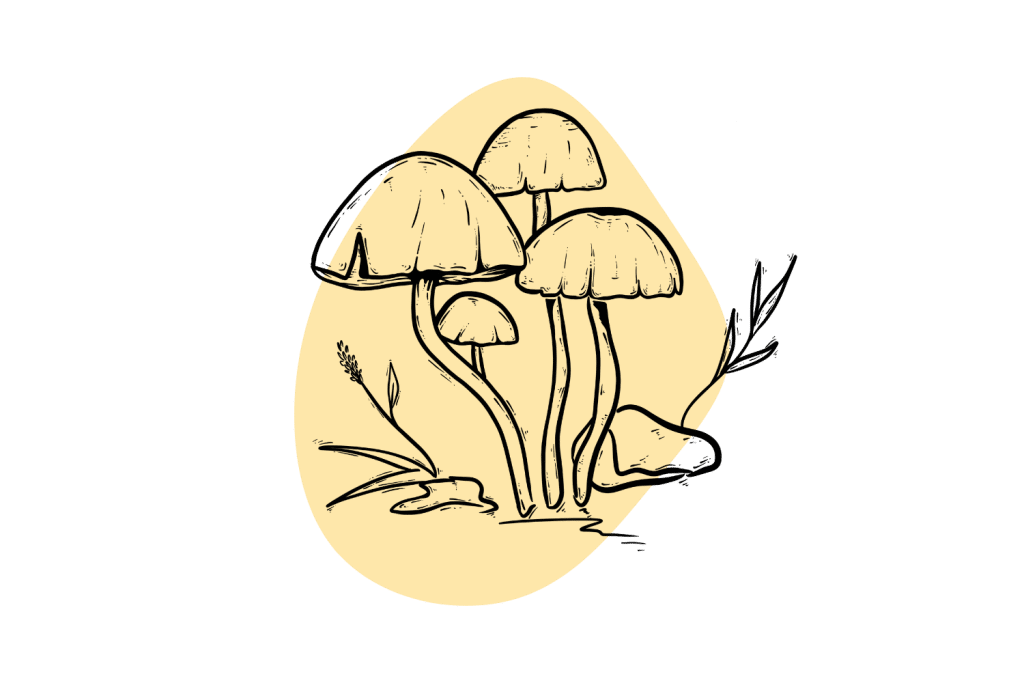
Existential Anxiety
Many terminally ill or elderly patients experience existential anxiety. This disorder occurs when an overwhelming sense of anguish regarding one’s purpose in life is present.
One study shows that psilocybin and psilocin mimic serotonin, a neurotransmitter that influences our mood, outlook on life, and how we perceive the world [2]. Consequently, these compounds help people deal with this condition.
Cluster Headaches
Recent studies have shown that psilocybin and LSD relieve cluster headache attacks.
In this research, 85% of patients with cluster headaches who had used psilocybin or LSD experienced immediate relief in symptoms. In addition, most of them also reported significant remission of their condition.
Addiction
Unfortunately, there are an increasing number of people suffering from addictions in the world.
Interestingly, a 2014 study has proven psilocybin to be efficient for reducing alcohol and tobacco consumption drastically. 80% of patients who underwent psilocybin-assisted therapy with magic mushrooms stopped smoking completely in only six months.
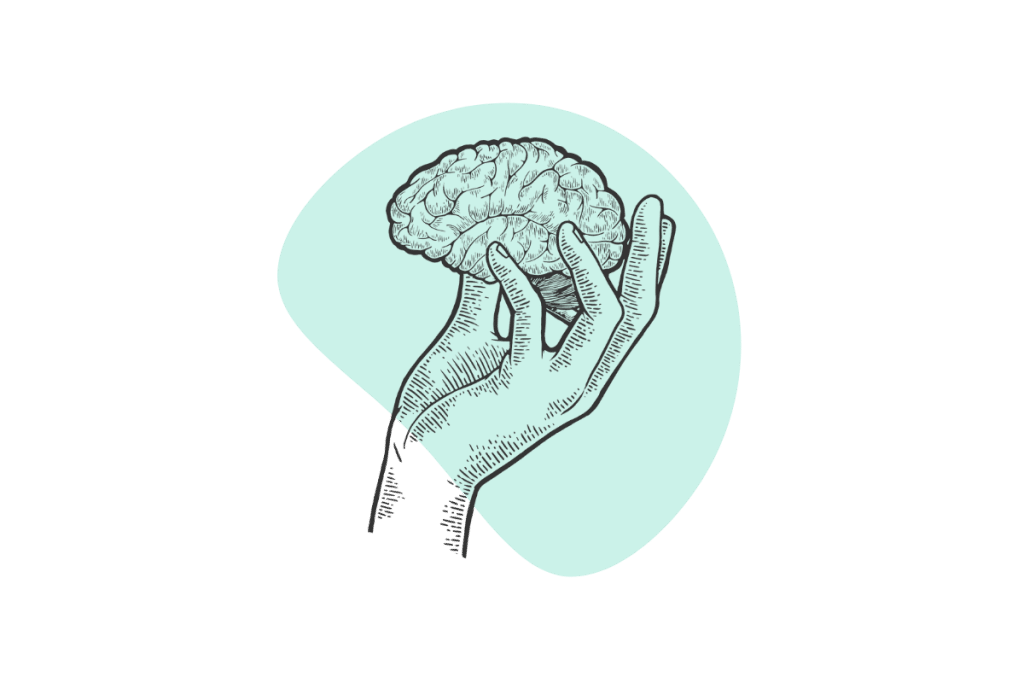
Is LSD Legal in Latvia?
No, LSD is not legal in Latvia.
LSD acts similarly to psilocybin in treating various mental health conditions. However, it is illegal in most parts of the world, and Latvia is no exception.
This substance is included in the Single Convention on Narcotic Drugs, so it’s banned in this country. Should the police catch you with small amounts, you can spend up to three years in jail — increased to ten years if caught trafficking.
Is DMT Legal in Latvia?
No, DMT is not legal in Latvia.
DMT is also listed in the Single Convention on Narcotic Drugs, making the substance illegal to possess, produce or distribute here.
Although the law does not explicitly mention ayahuasca, its smokable form changa, or psychedelic toads, we assume they are illegal because of their high DMT content.
If the police catch you with small amounts of DMT, you can spend up to three years in jail. As with LSD, you can spend up to ten years in prison for possessing large quantities.
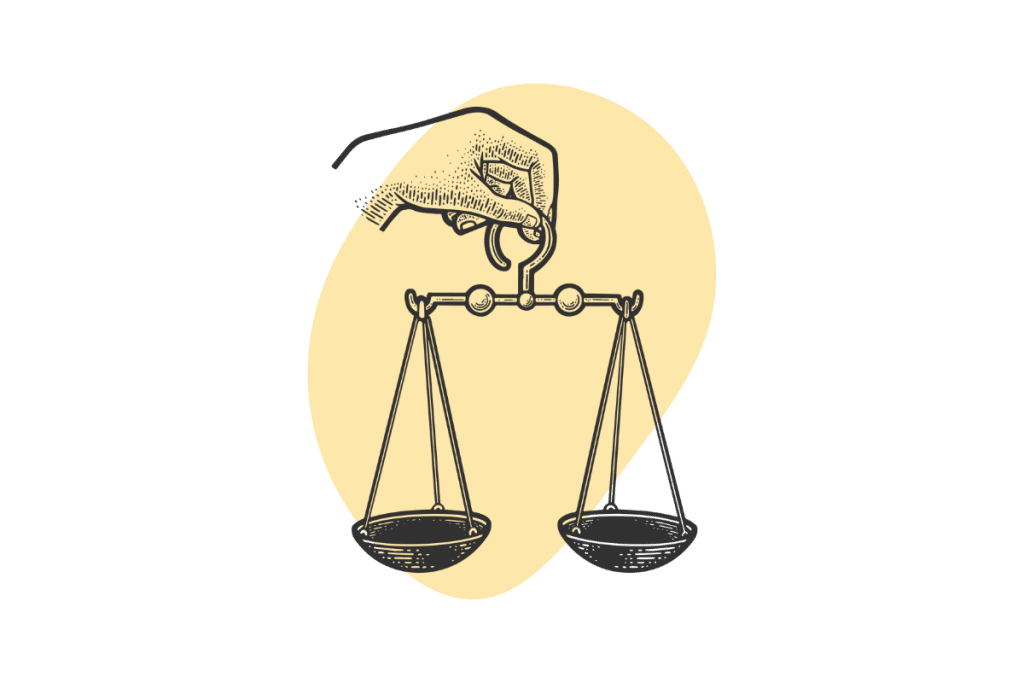
Is MDMA Legal in Latvia?
No, MDMA is illegal in Latvia.
MDMA, or ecstasy, is yet another psychedelic with therapeutic potential. Canada has already legalized MDMA-assisted therapy and is experiencing impressive, positive results.
Unfortunately, MDMA is criminalized in Latvia, as it is included in the Single Convention on Narcotic Drugs. Therefore, if the police catch you with small amounts of this psychedelic, you can spend up to three years in jail.
Is Ketamine Legal in Latvia?
No, ketamine is probably illegal in Latvia.
Ketamine is a potent psychedelic that has proven helpful when treating disorders such as PTSD [3]. Although it is not classified as a controlled drug or psychotropic substance in Latvia, we believe it is illegal here.
Article 113 of the Latvian Narcotics Law includes any new substance not listed in the Single Convention on Narcotic Drugs. Therefore, if the police catch you with small amounts of ketamine, you will most likely spend up to three years in prison.
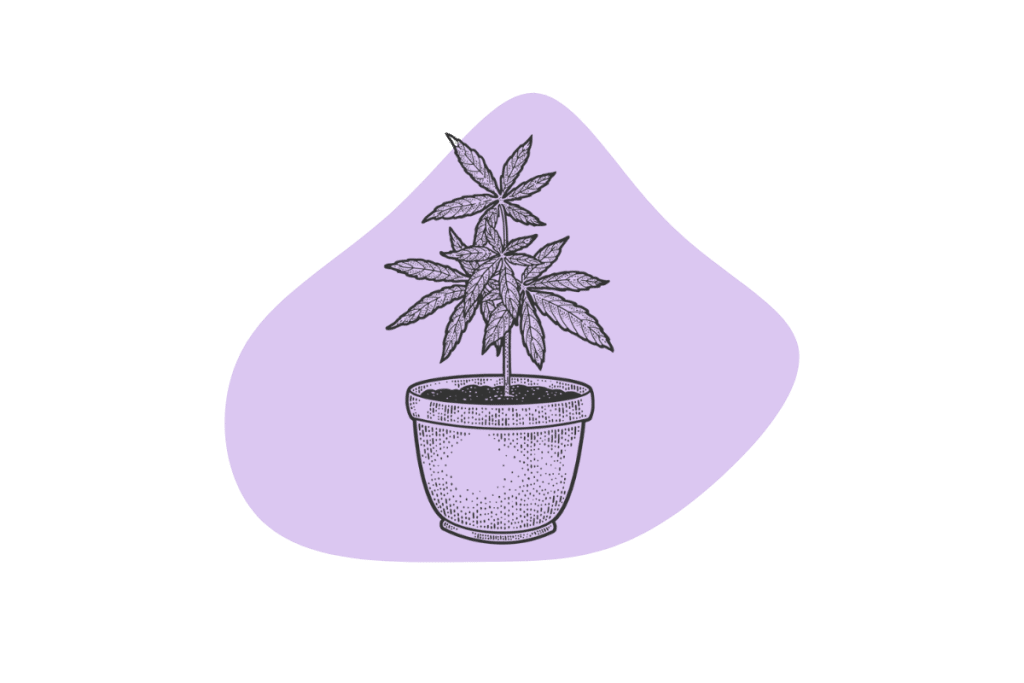
Is Marijuana Legal in Latvia?
Cannabis is illegal both for medical and recreational use in Latvia.
Unfortunately, cannabis and its THC derivatives — delta 8, delta 9, and delta 10 THC — are illegal in Latvia.
However, although the law says you can spend up to three years in jail for possessing small amounts, lighter penalties are usually administered in cannabis possession cases. Also, cultivation is legal as long as tetrahydrocannabinol concentration is less than 0.2%.
Moreover, Latvian law does not mention cannabidiol (CBD), so it is likely legal to use or possess in the country. In fact, you can find several stores selling products based on this cannabinoid in Riga, Latvia’s capital.
What’s the Difference Between Legalization & Decriminalization?
Many believe that legalization and decriminalization are similar concepts, but they are distinctly different.
Decriminalizing a substance means reducing the penalties for possessing it. In other words, if the police catch you with a decriminalized substance, you may receive a fine for possession, but you will not typically go to jail or be treated as a criminal.
On the other hand, legalizing a substance eliminates all penalties and allows its commercialization. This measure protects users from adulterated products and reduces drug trafficking.
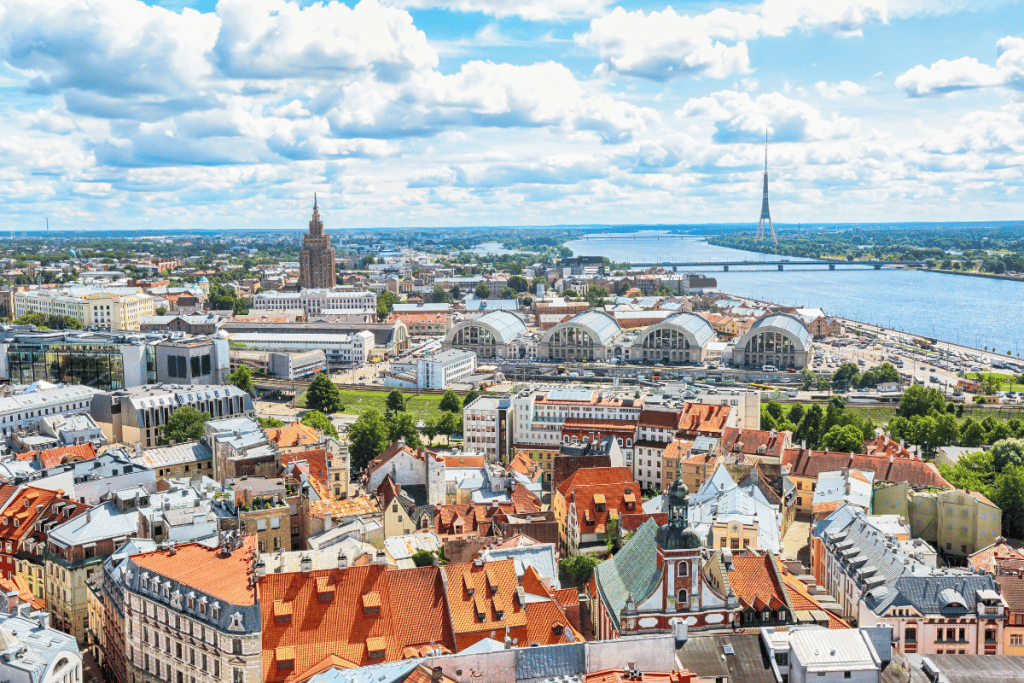
Key Takeaways: What’s the Future of Psychedelics in Latvia?
Although psychedelics are mostly illegal in Latvia, the penalties for possession, though harsh, are not as severe as in other European countries. Also, Latvian law is not likely to change anytime soon.
The only way for the local law to change is through international pressure from other countries, new research on psychedelics, and increased public support.
References
- Healy, C. J., Lee, K. A., & D’Andrea, W. (2021). Using psychedelics with therapeutic intent is associated with lower shame and complex trauma symptoms in adults with histories of child maltreatment. Chronic Stress, 5, 24705470211029881.
- Davis, A. K., Barrett, F. S., May, D. G., Cosimano, M. P., Sepeda, N. D., Johnson, M. W., … & Griffiths, R. R. (2021). Effects of psilocybin-assisted therapy on major depressive disorder: a randomized clinical trial. JAMA Psychiatry, 78(5), 481-489.
- Liriano, F., Hatten, C., & Schwartz, T. L. (2019). Ketamine as treatment for post-traumatic stress disorder: a review. Drugs in context, 8.

